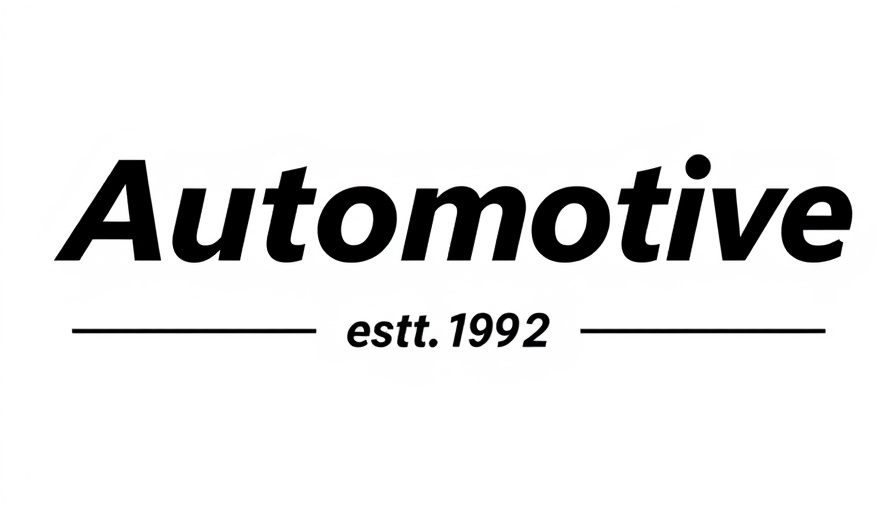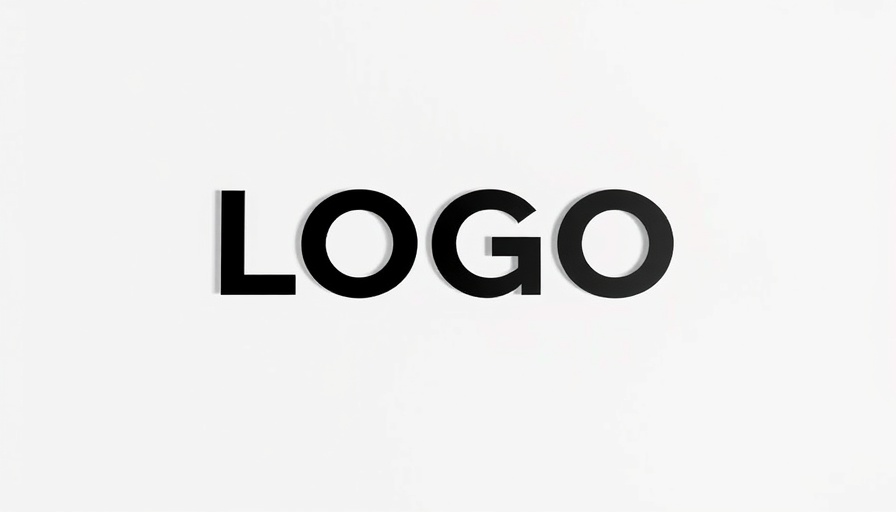
The Digital Revolution in Car Sales
In recent years, the automotive industry has undergone a seismic shift from traditional dealership models to modern approaches that prioritize technology and consumer experience. The digital era, especially amplified by the post-pandemic landscape, necessitates a rethinking of how dealerships engage with customers. Transparency, technology integration, and customer-centered strategies are now essential for success in the rapidly evolving marketplace.
Unpacking Transparency in Dealership Models
Modern dealerships are significantly more transparent than their traditional counterparts. In the past, customers would often feel that essential information was withheld, with salespeople crafting narratives that suited their sales strategies. Buyers had to endure cumbersome processes, frequently requiring them to visit dealerships or make calls for basic information like pricing or vehicle history.
Now, digital platforms allow customers to access comprehensive vehicle specifications, history reports, and financing tools with ease. By creating an environment of openness, modern dealerships strengthen customer trust and engagement, transforming potential hesitations into confident buying decisions.
The Shift from Price Negotiation to Partnership
Another fundamental change is the evolution of the negotiation process in car sales. Traditional dealerships often fostered environments that felt antagonistic, turning negotiations into intense battles over prices. This adversarial approach can lead to dissatisfaction for both buyers and salespeople, resulting in a frustrating experience.
In contrast, today's buyers walk into dealerships equipped with knowledge and reasonable price expectations gathered from online research. Modern dealerships have shifted from conflicting sales tactics to establishing partnerships with buyers, focusing on providing transparent pricing and simplifying negotiations to enhance the overall purchasing experience.
Recognizing Consumer Preferences
As consumer preferences evolve, so must dealerships. Buyers today prioritize convenience and a stress-free experience when purchasing a vehicle. Modern dealerships are adapting to these expectations by streamlining processes, leveraging technology, and ensuring consistent communication throughout the sales journey.
Dealerships that innovate with these changes in mind will not only retain customer satisfaction but also carve out a competitive advantage in a fast-paced market. By understanding and embracing the shift towards modernized practices, dealership owners can foster a culture that embraces technology, transparency, and a customer-first approach.
Conclusion: Embrace the Modern Age of Car Sales
Modernizing dealership practices isn’t just a trend; it’s a necessity for survival in an increasingly competitive automotive industry. By embracing transparency, facilitating partnerships with buyers, and leveraging technology, dealerships can provide an unparalleled customer experience that resonates deeply with today’s consumers.
Continuing to innovate and adapt to these changes will determine who leads the way in the future of car sales. It’s essential for dealership owners and general managers to stay informed and agile, ready to meet the demands of a new era in automotive commerce.
 Add Row
Add Row  Add
Add 

 Add Row
Add Row  Add Element
Add Element 




Write A Comment